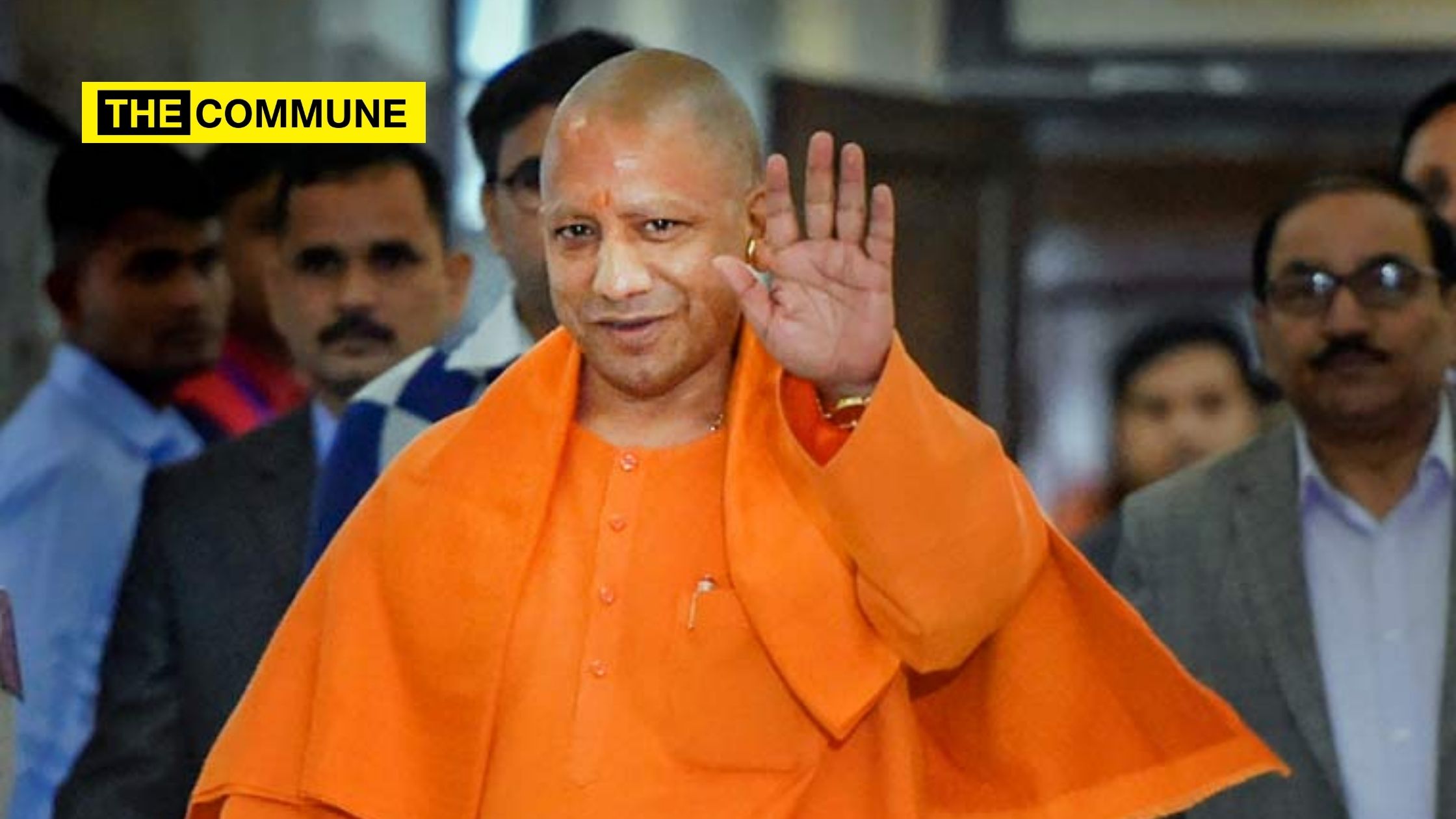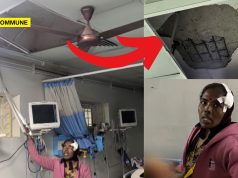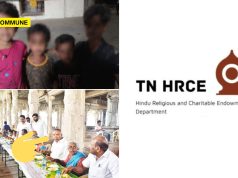
Honouring his promise of coming to the aid of Hindu refugee families who fled persecution in neighbouring Islamic countries, Uttar Pradesh Chief Minister Yogi Adityanath today distributed residential and agricultural land papers to 63 Hindu refugee families from Bangladesh. The chief minister took the measure under the Mukhayamantri Awaas Yojana.
Notably, the Citizenship Amendment Act of the that was passed in 2019 has not been implemented yet. The measure that the Yogi Adityanath government has taken is not for recent refugees from Pakistan and Bangladesh but for those displaced during the war for the creation of Bangladesh, where Hindus were the largest section of victims of atrocities perpetrated by the Pakistan Army.
Chief Minister Yogi had promised to accommodate Hindus displaced from Pakistan and Bangladesh by giving them residential and agricultural land in Uttar Pradesh.
The chief minister had said that such families would be allotted the state government land freed from encroachers.
Chief Minister Yogi had said that his government would bring all the land freed from “encroachers” under a ‘land bank’ and these pieces of land will be used for setting up schools, industries and other businesses and for the rehabilitation of Hindu refugees from Bangladesh and Pakistan.
At the function held at Lok Bhawan today, Chief Minister Yogi targeted the previous governments for their apathy towards such families that had been moving government departments for the past 38 years since they fled Bangladesh. Welcoming all the 63 Hindu families in the program, the chief minister said that their wait for 38 years was over.
The Uttar Pradesh government has sanctioned two acres of agricultural land, 200 sq m housing lease to each family in Rasulabad of Kanpur Dehat Janpad and one housing, toilet sanctioned in Mukhya Mantri Awas Yojana.
The chief minister said that in 1970, all the families had migrated from East Pakistan (now Bangladesh) to India. They were given jobs in a yarn mill in Hastinapur, these were about 407 families. The yarn mill closed in 1984, after which some families were resettled in different parts of the country. But there were 65 families who have been waiting for their rehabilitation since 1984.
(This article has been sourced from Sirf News and has been republished here with permission.)
Click here to subscribe to The Commune on Telegram and get the best stories of the day delivered to you personally.




